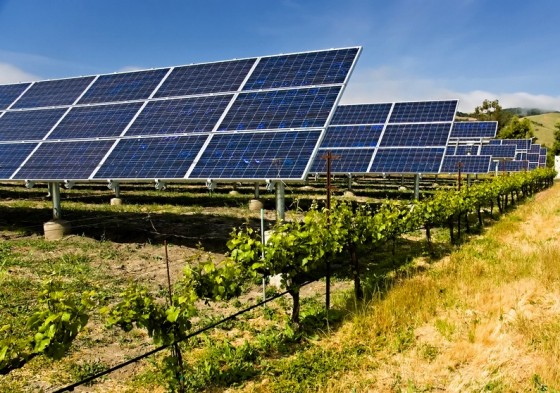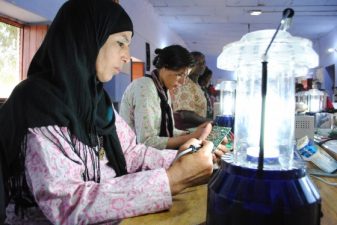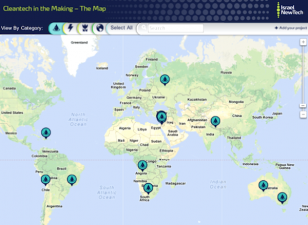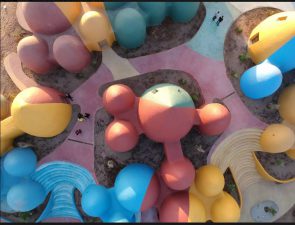 When Fadi Jamaleddine decided to install a solar array on his farm in Lebanon’s Bekaa Valley, he wasn’t thinking of the environment or global warming, he told The Daily Star.
When Fadi Jamaleddine decided to install a solar array on his farm in Lebanon’s Bekaa Valley, he wasn’t thinking of the environment or global warming, he told The Daily Star.
He was simply tired of spending $50,000 a year on electricity for what is a hobby organic farm for the corporate lawyer. And while he could afford the upfront $76,000 to pay for an off-grid solar-powered irrigation system, he took out a green loan just to demonstrate to others that it is possible to do so.
German Arrays
Patrick Ardahalin from a local renewable energy company called Eco-Friendly helped Jamaleddine import and install his 64 panel solar array that is used to irrigate the 120,000 square meter farm located near Mansoura Village.
The panels were brought in from Germany since Lebanon currently doesn’t have a manufacturing facility for high efficiency photovoltaic panels.
Since installing solar panels is prohibitively expensive for the average person, two years ago Lebanon’s central bank set up a system that would enable ordinary people to take out “green loans” for projects that promote renewable energy generation and other sustainable initiatives.
It is through this initiative that Jamaleddine took out a zero interest loan from Fransabank, and he hopes others will be encouraged to do the same.
Solar-powered Irrigation in the Bekaa Valley
His farm is the first in the Bekaa Valley to irrigate its water-intensive organic crops, such as tomatoes, grapes, and apples, with a solar-powered system, though Ardahalin told the paper that he has recently installed a second one – that Jamaleddine is leading the way.
And whilst it will take some time for the system to pay for itself, the hobby farmer has already established an energy-sharing scheme that allows him to sell his excess energy to neighbors who experience crippling power outages.
Lebanon’s energy ministry has yet to develop a feed-in-tariff scheme to allow renewable energy producers to sell their excess energy to the national grid, so creating a grid-sharing scheme allowed Jamaleddine to recoup some of his investment while also uplifting the surrounding community.
Albeit motivated by making money for himself, he has also become an accidental do-gooder.
As for his own farm, where goats, sheep and fowl also require a consistent water supply, it is quickly becoming self-sufficient despite suspicion from locals that there’s no such thing as free energy.
“Many people are skeptical of alternative energy,” Ardahalian told The Daily Star. “They think it’s a gimmick, that you can’t get electricity for free. That’s why it’s important this system succeeds.”
Image of solar panels and agriculture, Shutterstock




Comments are closed.